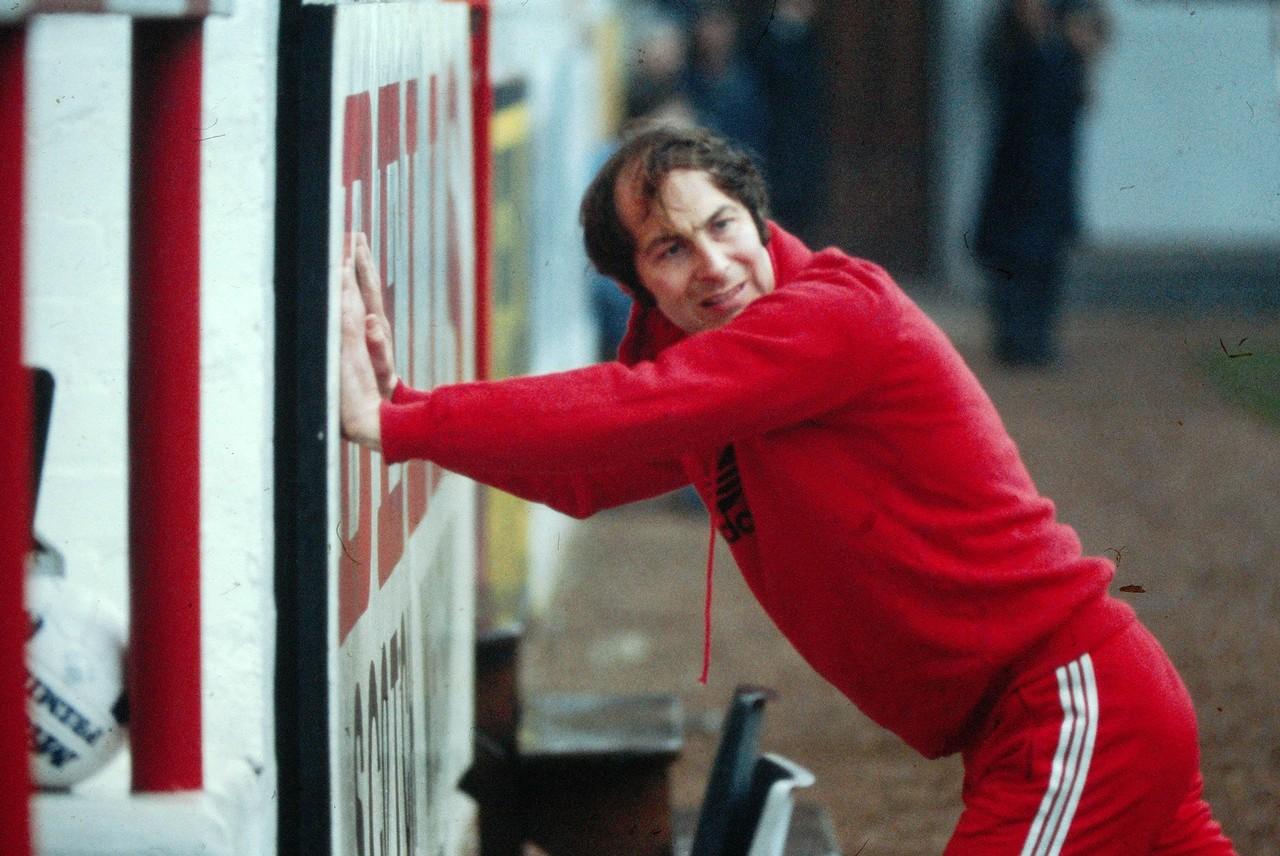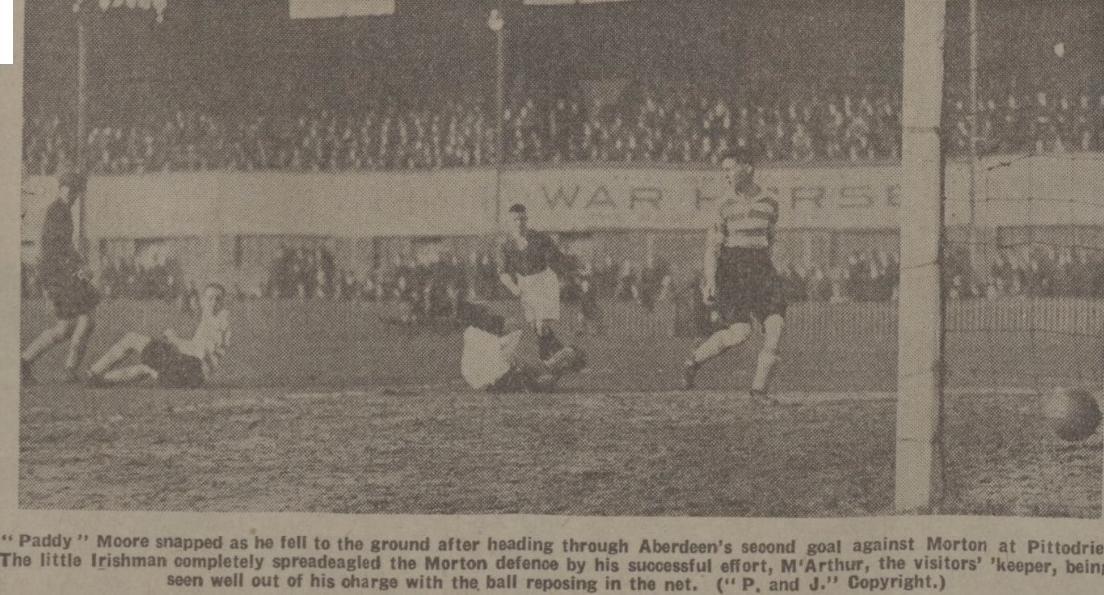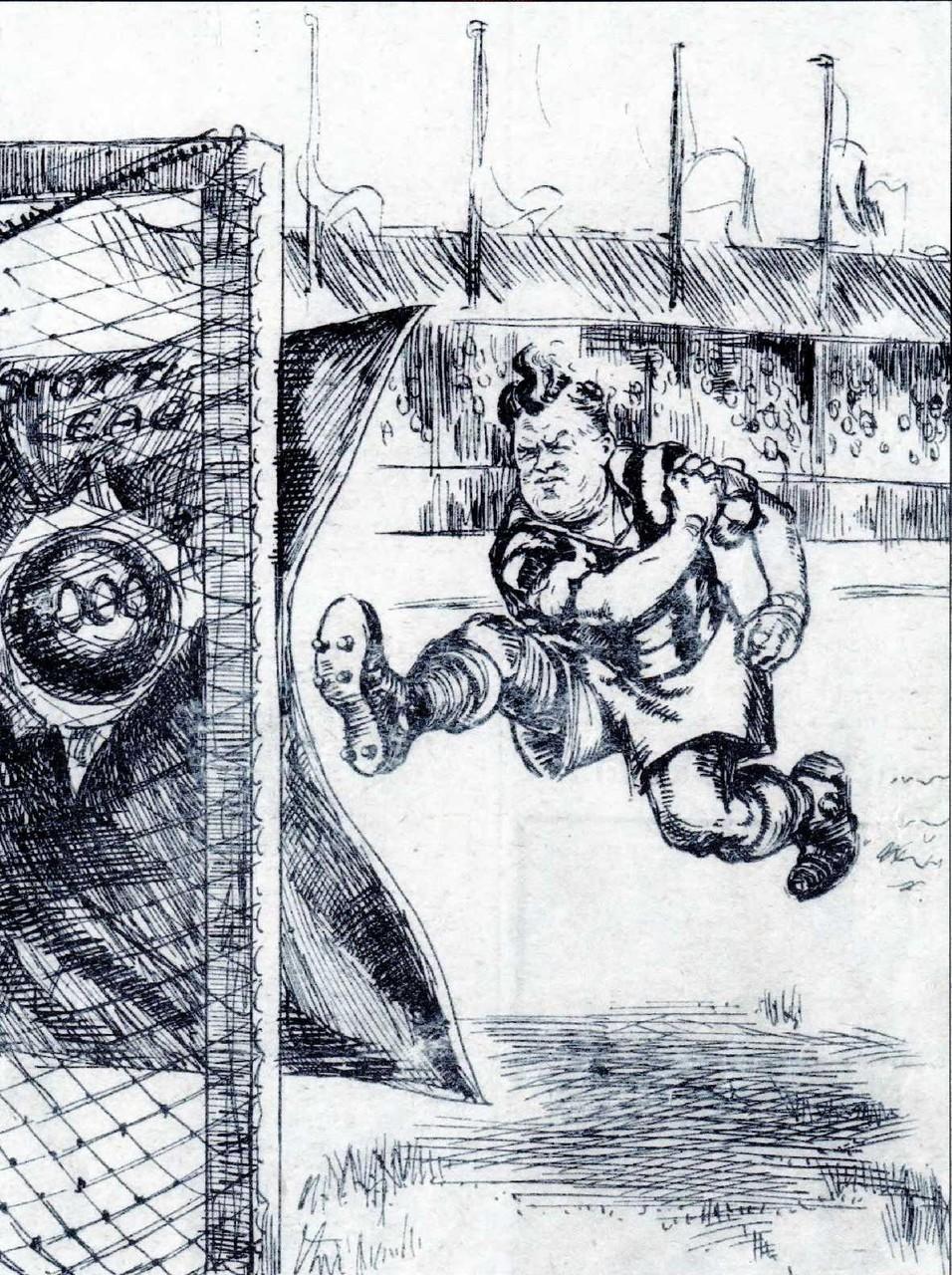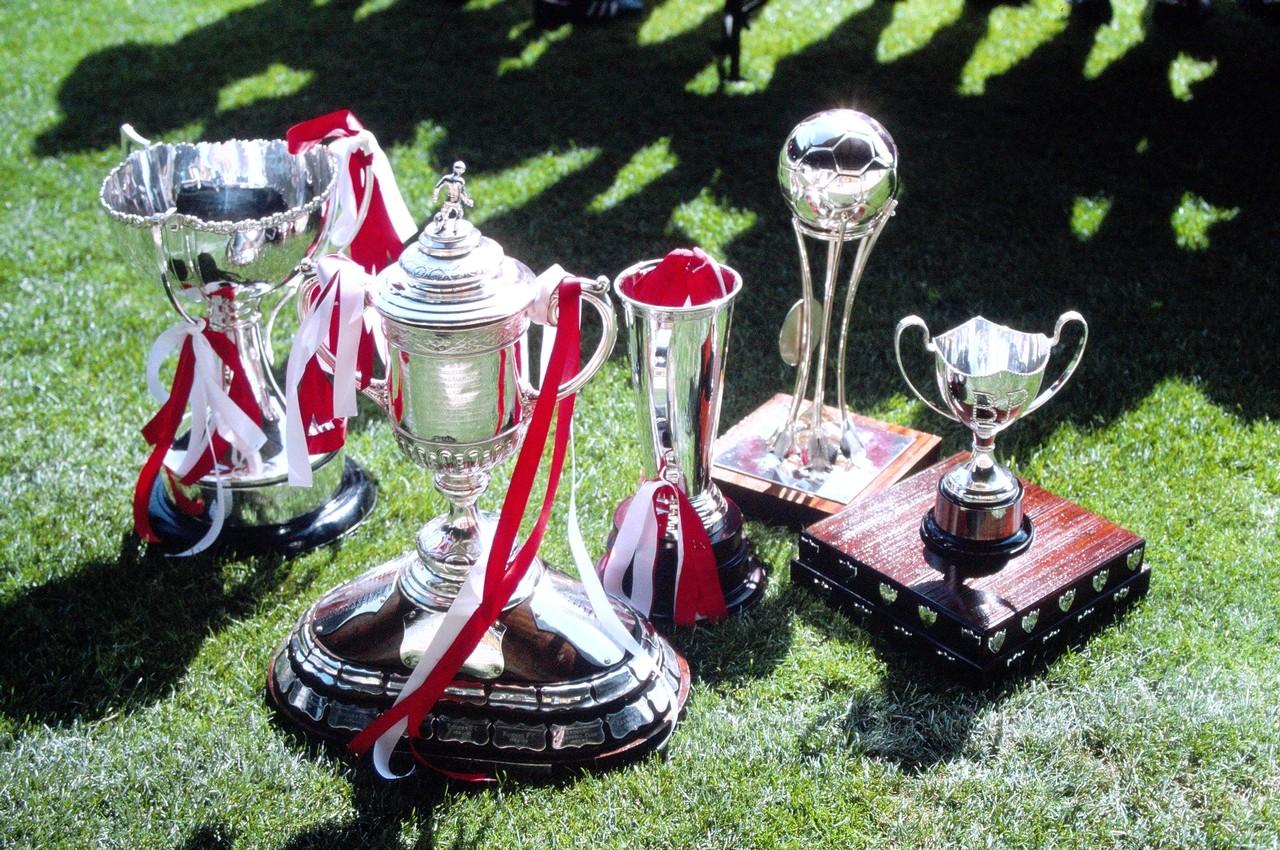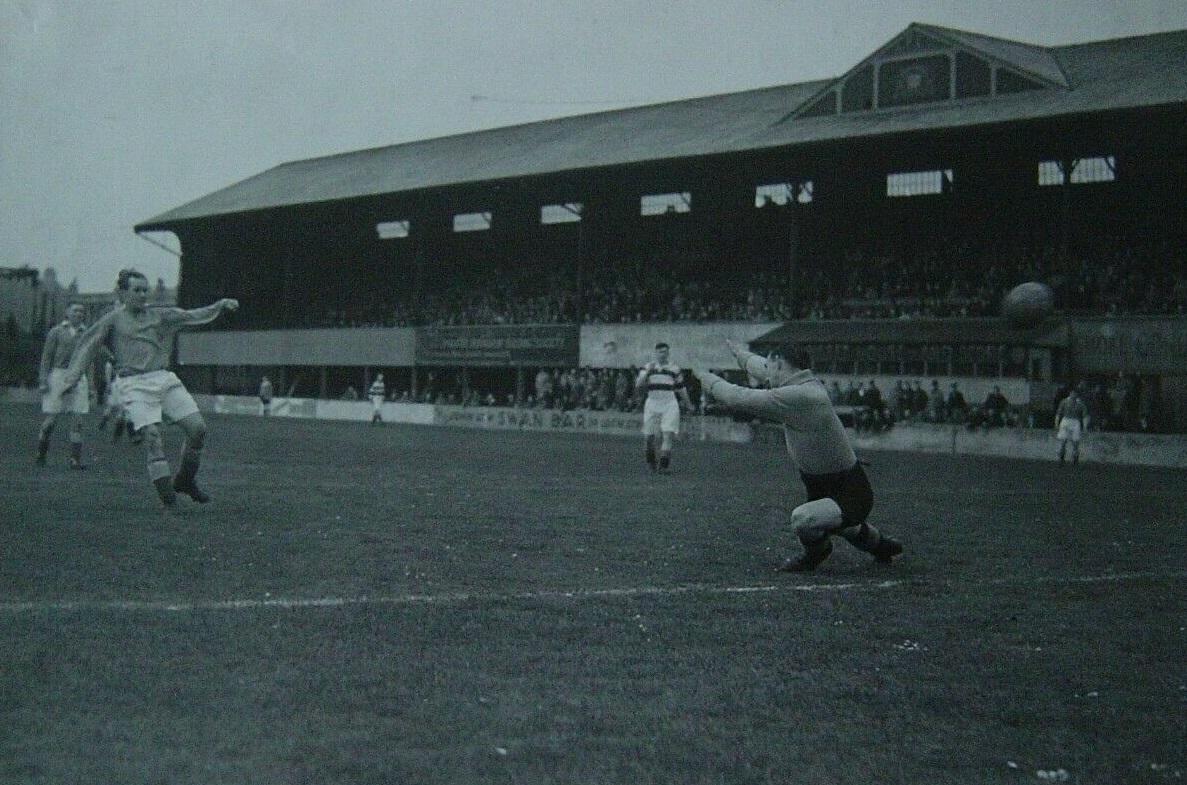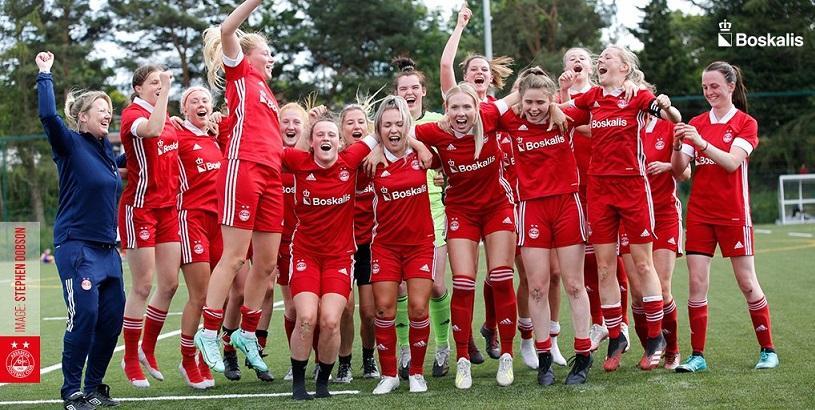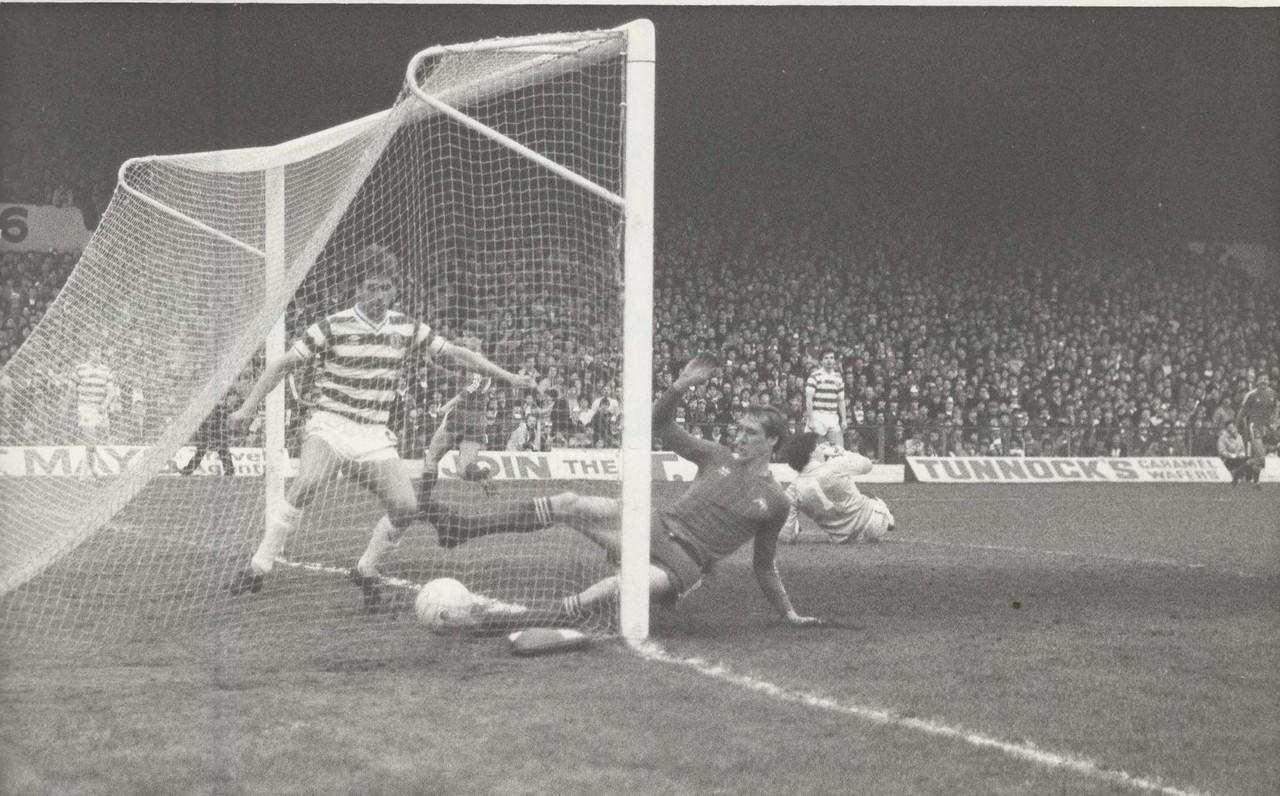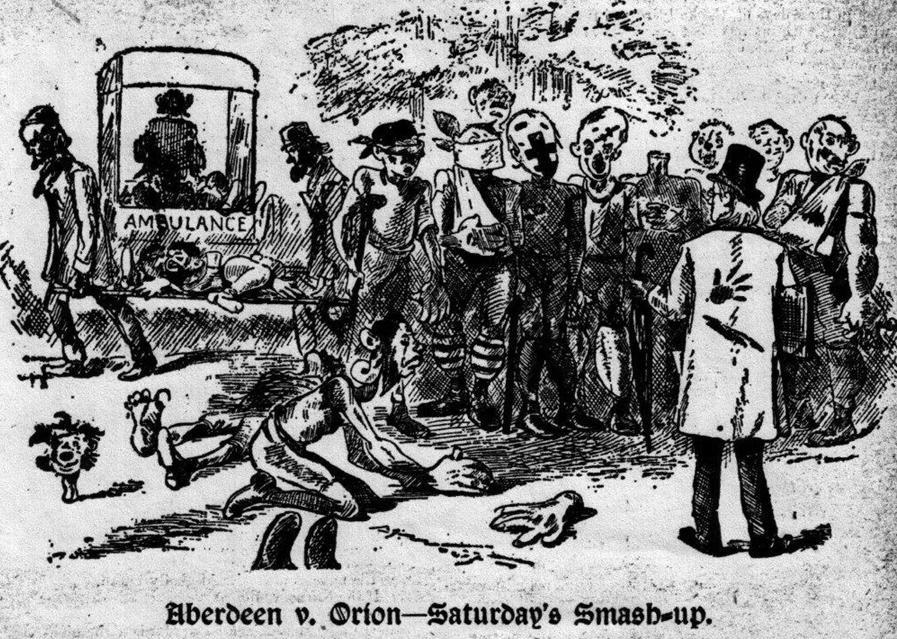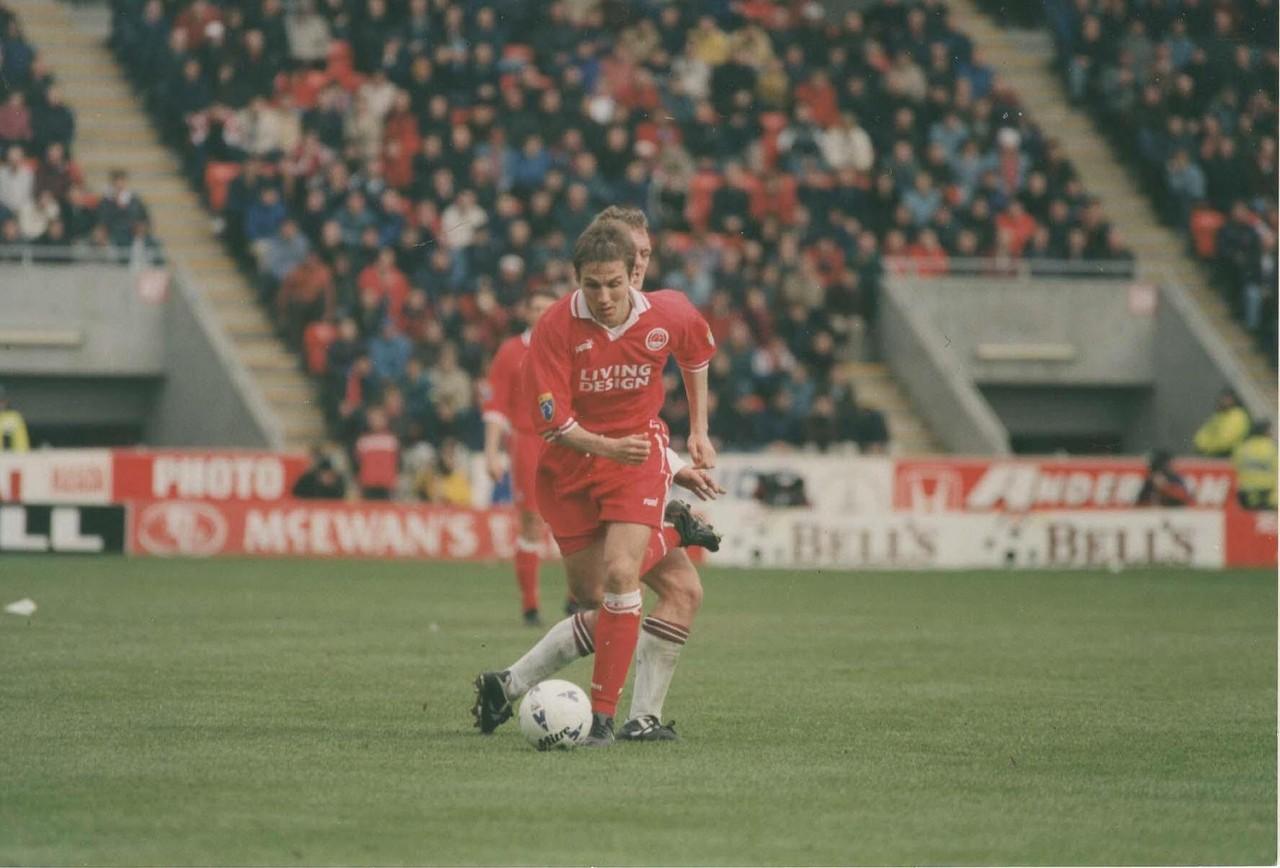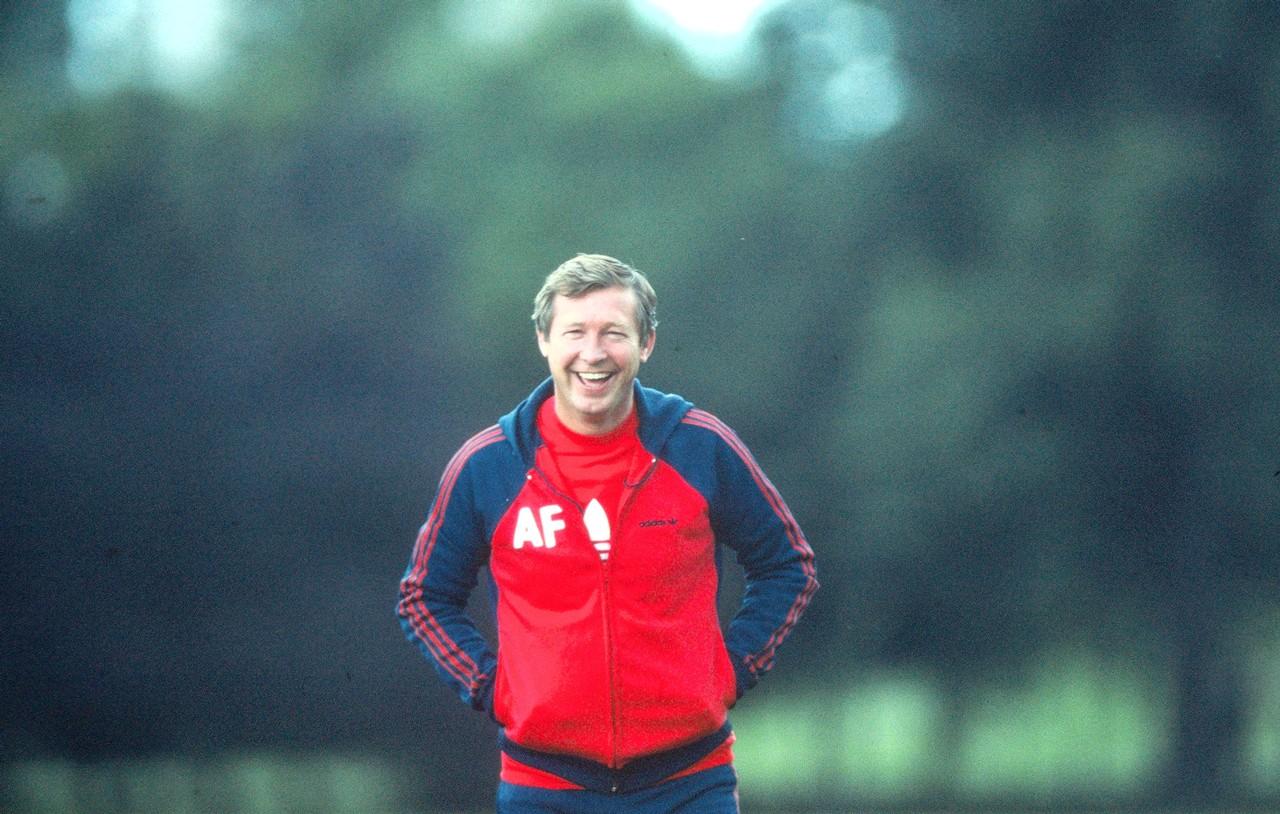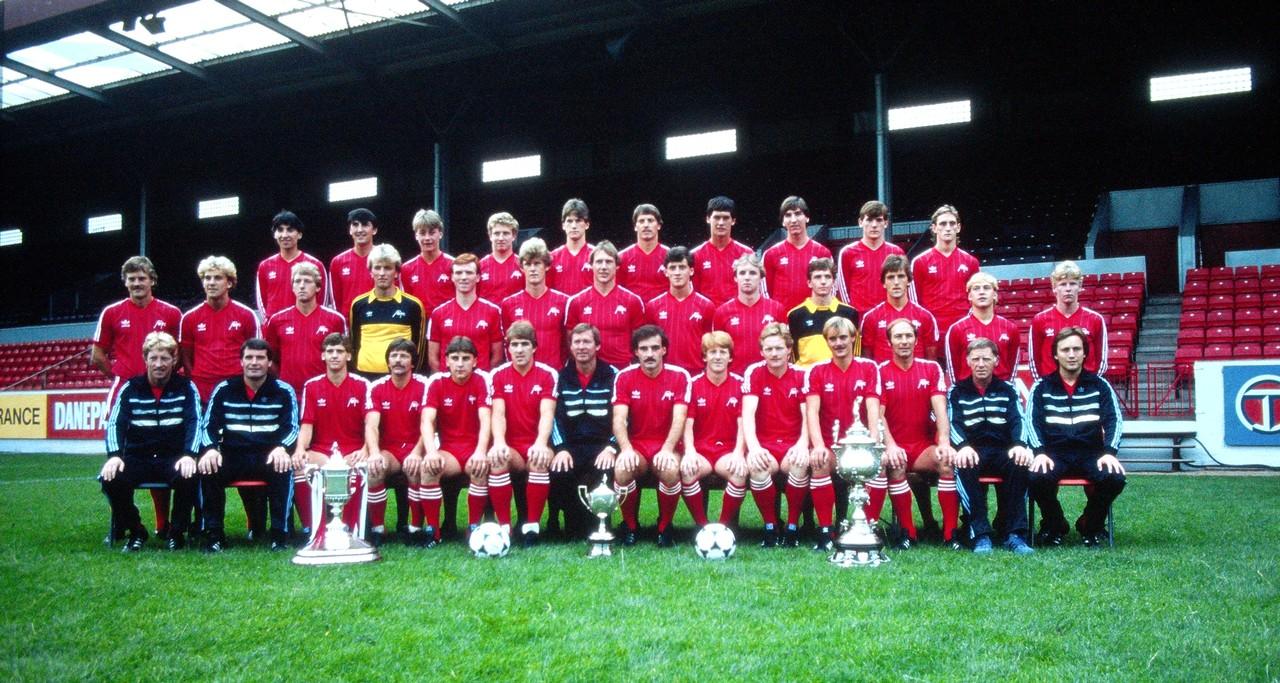796
apps
796
apps

Willie Miller
Willie Miller
199
goals
199
goals

Joe Harper
Joe Harper
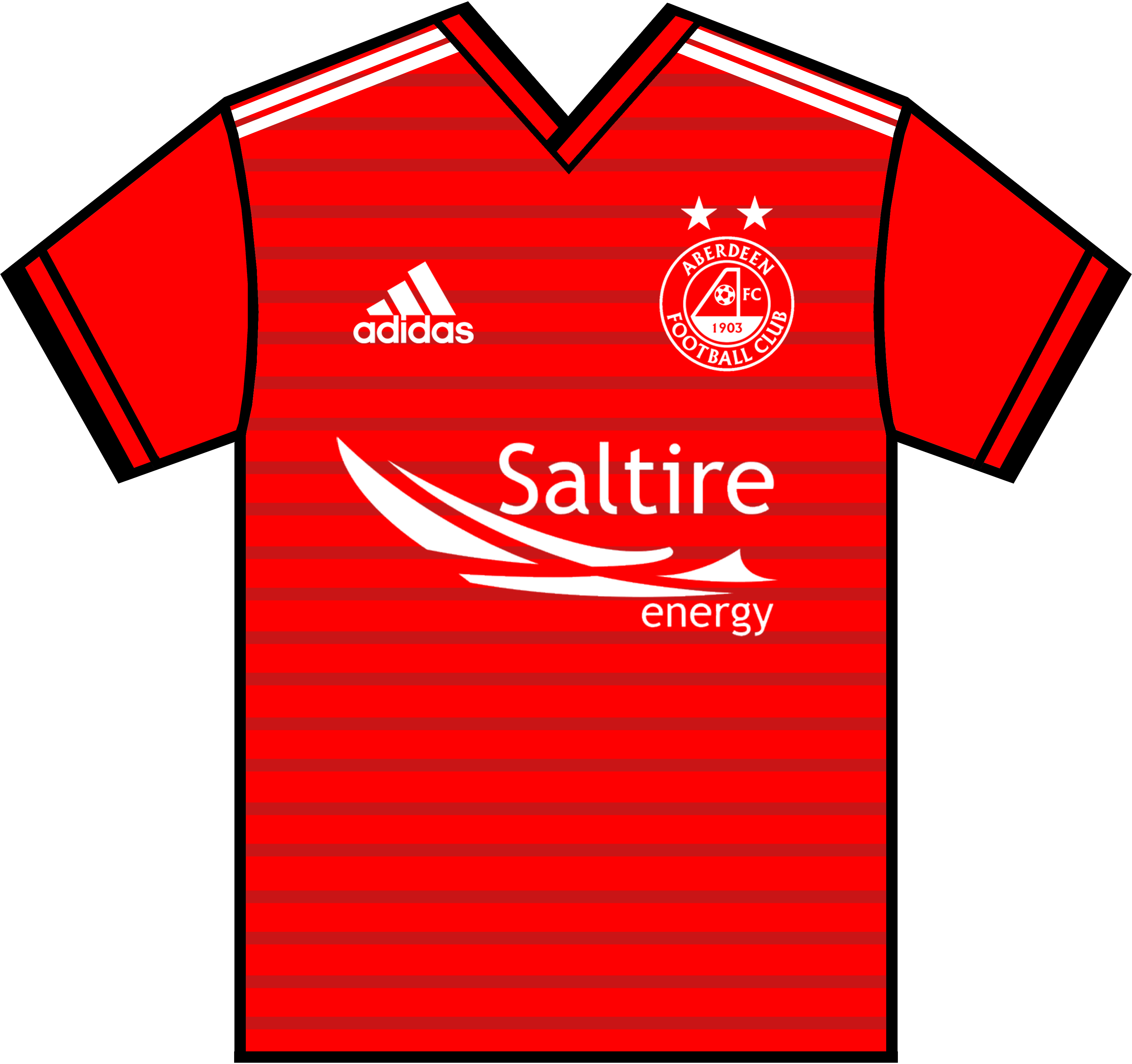
2018-19
home
home
2018-19
home
home
1
1

UEFA Cup Winners Cup
UEFA Cup Winners Cup
6
6

League Cup
League Cup
1
1

UEFA Super Cup
UEFA Super Cup
7
7

Scottish Cup
Scottish Cup
4
4

Scottish League
Scottish League
WELCOME TO THE AFC HERITAGE TRUST
THE ABERDEEN FC HERITAGE TRUST IS AN INDEPENDENT CHARITABLE ORGANISATION WORKING CLOSELY WITH ABERDEEN FOOTBALL CLUB IN ORDER TO CARE FOR AND EXPAND UPON THE HISTORICAL RECORD AND MEMORABILIA OF ABERDEEN FC AND ITS SUPPORTERS AND THE COMMUNITY IT SERVES.
The Trust's aims are fairly simple on paper, as we seek to work on all aspects of the history of Aberdeen FC and its fans. The tough part will come as we work towards setting up a fully fledged Heritage Centre where the story can be told and the goods and chattels of the Club and supporters can be viewed in the proper surroundings.
more
donate
1970 SCOTTISH CUP WINNER

